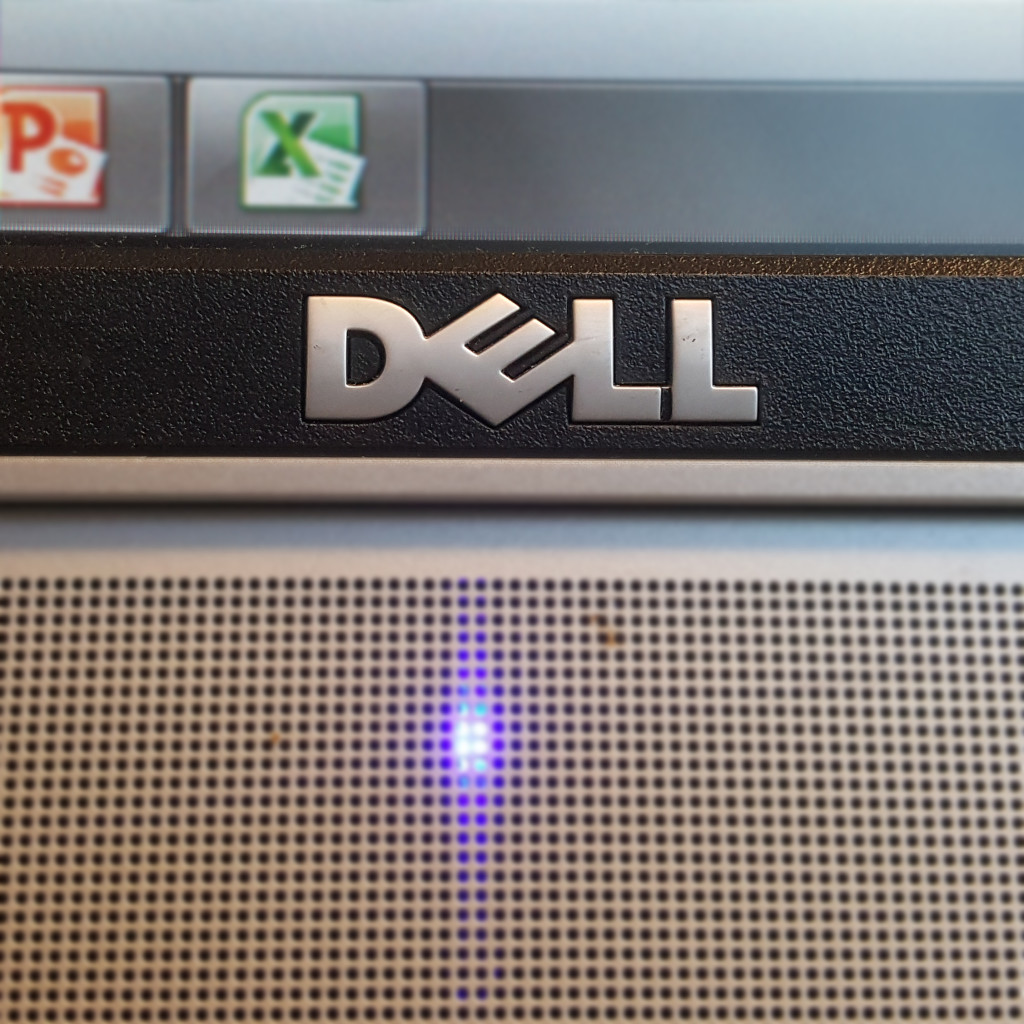M&A Weekly Watch
Back in my day, students didn’t tote around macbooks or ipads. We had Dell laptops and for many, they were the go to computer maker of choice. Times have changed and we hear less about Dell, especially after it went private in 2013. That has changed since the announcement that Dell has proposed to acquire EMC for $67 billion, which numerous news sources have cited as the biggest tech deal ever.
Aside from making the headlines for the overall deal size, the Dell EMC proposed M&A is big news because it will be one of the largest leveraged deals in history, with Dell taking on an estimated $50B in debt to finance this M&A.
Debt and M&A – A Lawyer’s Take
As lawyers we may recuse ourselves from business decisions, like how a deal is going to be financed but questions like this are crucial to deal structure and effective negotiations. Knowing that debt will be used in an M&A may affect closing conditions, termination rights and timing of the deal. Due diligence is normally reserved for the target, but in a debt deal, the buyer may want to do its own due diligence to ensure it’s not prohibited from incurring such debt, for example, if there are agreements with covenants requiring a certain leveraged ratio.
Interest Rates and M&A
Many news articles have been reporting that Dell is motivated to undertake this M&A now before the rumored interest rate hikes occur. An October 12, 2015 report by Marketplace on the proposed Dell EMC M&A cited academics who don’t believe that interest rates drive M&A or that they even affect corporate decisions. Without more study on this topic, I can’t say for sure, but it’s likely that interest rates will continue to be heavily discussed in M&A.
